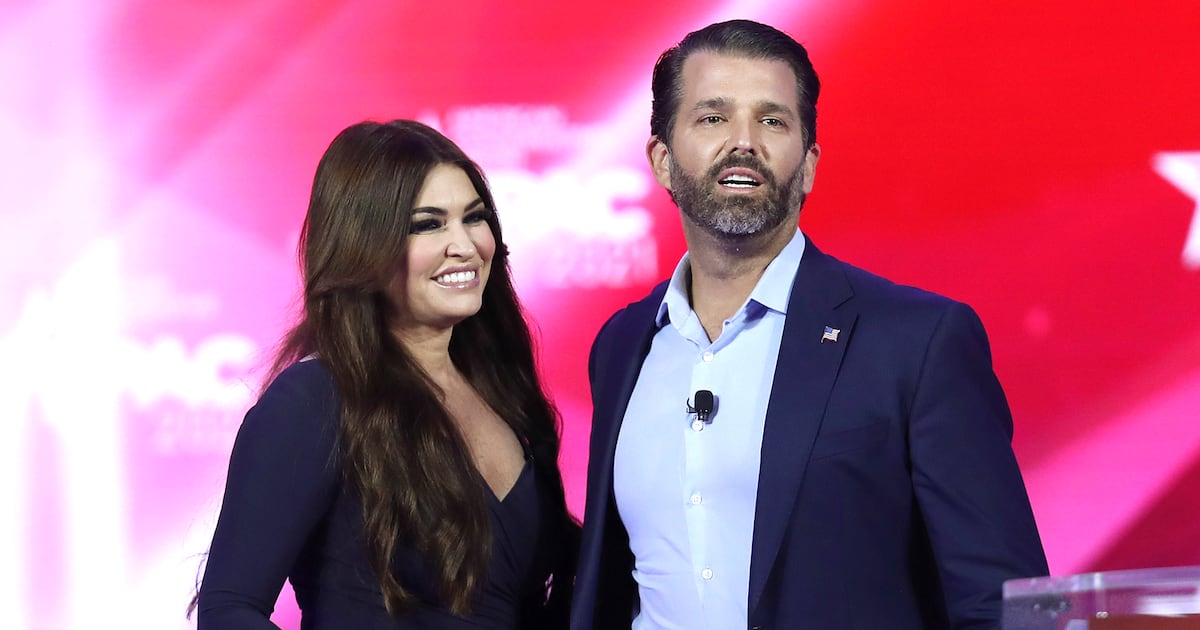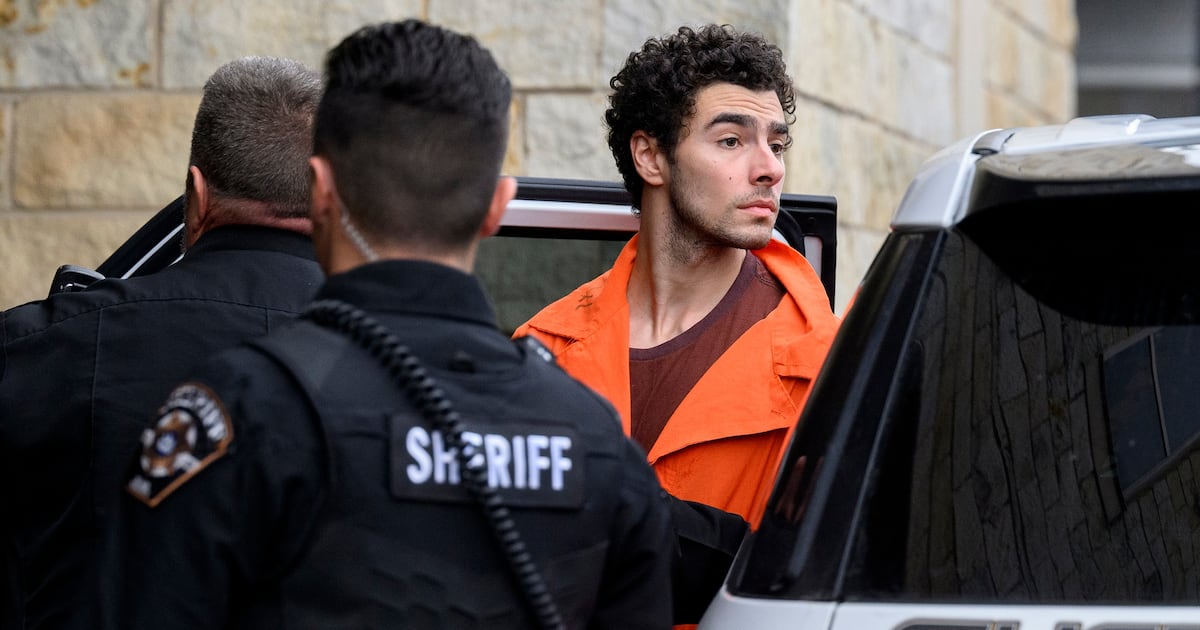I have to admit, I was skeptical about True Detective from the start.
I saw the raves, I got the recommendations from friends and family, I love Cary Fukunaga, and just like everyone else I was riding high on the new wave of Matthew McConaughey.
But as with superheroes, my taste for antiheroes and serial killers has been eroded over the last few years by staggering overpopulation, and Nic Pizzolatto’s vision of freewheeling lone-wolf masculinity seemed like a tired page out of a well-worn book. After years of waiting for Mad Men, Breaking Bad, and Dexter to give up their hold on the cultural imagination, I was not ready to listen to a pair of douches shooting truisms like “time is a flat circle” into the breeze while on their quest to save a bunch of one-off nameless (but hey, still naked!) prostitutes.
ADVERTISEMENT
One episode confirmed my suspicions. By the time I watched three, I was more than happy to check out. True Detective was not for me. I never finished the season.
But faced with a sleeper hit, HBO shockingly did not quite feel the same way. They renewed True Detective for a second season, keeping on Pizzolatto as the show’s head writer, but promising a whole new story—HBO’s answer to Ryan Murphy’s FX hit American Horror Story. And so the speculation began. Who would be the new Rust Cohle? What would the new team look like? And from feminist media came the most fevered speculation of all, would Pizzolatto answer the charges of misogyny and cast women as his leads?
There were brief moments when it looked like these appeals would be answered, that powerhouses like Jessica Chastain or Elisabeth Moss might be cast. And then those rumors subsided, replaced by the news that Vince Vaughn and Colin Farrell would take the reins from McConaughey and Harrelson. Yeah…that sounds about right. The swagger is a little different. Not Texas anymore, maybe a little faster, a little more metropolitan. But the affectation is the same. A pair of white guys with chips on their shoulders.
In other words, another treatise on masculinity from Pizzolatto. Great. On my own, I thanked Pizzolatto for absolving me of the obligation to give the show a second chance, and was ready to move on my merry way.
Then came news this week that Taylor Kitsch has been cast as the third lead. And against all odds, I’ve pulled back in—anticipating the return of True Detective for the first time since its second season was announced.
It’s been said that the difference between film and television is the balance of power between the writer and the director. If in film the director is the creative force, on television it’s the writer leading the charge. But what remains the same no matter what you’re watching are the stars. Stars are our first foothold. Directors might change up their style, writers might explore new themes, but actors have limited options when it comes to reinvention. We know stars. We know their faces, we know what they bring to a role, and we know how they affect us when we watch them. Vince Vaughn and Colin Farrell aren’t too far afield from McConaughey and Harrelson, but add Taylor Kitsch into the mix, and my expectations change.
Kitsch has had a rocky start at the movies, starring in a series of high-profile flops, from X-Men Origins: Wolverine to John Carter to Battleship. It’s not that he’s bad in them exactly, but all the time running from green screen to green screen gave him little time for character building. He had better luck earlier this year with his role in HBO’s miniseries The Normal Heart, giving one of the more subtle performances on the series as Bruce Niles, the closeted leader of the AIDS activist organization.
But when it comes to his continued—even rising—popularity, Kitsch owes his career to his time on the show Friday Night Lights as teen heartthrob Tim Riggins.
In a show with no shortage of great performances, Kitsch stood out. It wasn’t just that he was handsome, though handsome never hurts, but Kitsch found unexpected notes to pull out of what might have been an overfamiliar “bad boy” role. Maybe most appealingly, despite the character’s popularity both in the show and outside it, it’s a performance without much by the way of vanity. Kitsch never played Riggins as the smartest or the cockiest guy in the room, instead choosing to emphasize the character’s compassion, his bruised hopefulness, his simplicity.
In other words, Taylor Kitsch at his best plays against ego. He’s masculine of course, but not like the boorish man’s men that were at the center of the first season of True Detective. Instead Kitsch is the kind of man who invites an audience of women.
Of course, the show hasn’t even started shooting yet. It could still be anything. But if before True Detective looked like a closed loop to which I had no point of entry, it’s a credit to the show’s producers—and its press team—that what felt like a boys only club now seems open to a different read, a different set of eyes.
With Kitsch around my expectations change for Farrell—no longer do I picture the cocky wolf of S.W.A.T., but instead I can see the opportunity for a show that taps into the hangdog soulfulness he showed in the 2008 crime film In Bruges. Even Vince Vaughn doesn’t look so bad in the light of what the show might be, his humor potentially offering some much needed self-deflation for the pomposity of Pizzolatto’s style. And even if I still don’t hold out much hope that Rachel McAdams will be given more to do in the second season than what Michelle Monaghan had to do in the first, I do have hope that the men of the new True Detective might be just as interested in women’s fantasies as they are in men’s.
So just like that, without changing much at all, without officially adding any more woman or a single person of color, HBO and Pizzolatto have reeled me back in. Those bastards. And that’s what I get for reading a press release.






